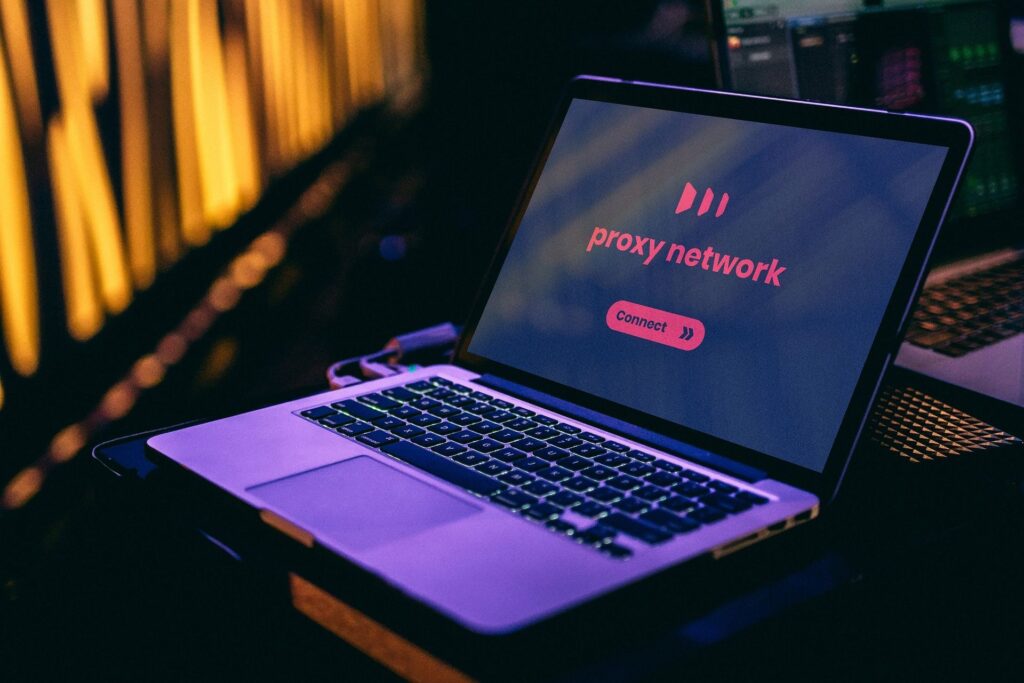To figure out which proxies are the better ones to use, let’s first understand what a proxy server is. At its most basic level, a proxy is a proxy server that represents someone else. In our case, a proxy is a different server that acts as your device’s representative on the Internet.
When you surf the web, your browser uses your Internet Protocol (IP) address to send requests to each server it connects to. It is also used to create a virtual profile based on a user’s surfing behavior and restrict access to certain resources.

Source: freepik.com
A proxy server mediates between your device and websites or online services. All of your outgoing and incoming data are routed through the proxy server when you connect to it. All online systems think you are connecting from the server, not your device, and your IP address is replaced with the server’s IP address. Different users may use proxy servers for diverse purposes. For example, you may have access to websites that are not available in your country through a proxy server. To understand how a proxy server works, try the cheapest proxies before making a decision on purchasing some.
- The unreliability of free proxies: Free proxies may seem like a good option if you just want to use proxy servers to increase access to websites. But this is not the case. Free proxies (like free VPNs) must have some source of revenue. And that source may be collecting and selling your metadata or stealing your personal information outright.
- Lack of security features: Most proxy servers do not encrypt your traffic, so they do not protect your actions from being tracked. They also do not hide your IP address. This allows websites (and others) to see where you are connecting from.
- If you care about privacy, you should be aware of the policies used to collect and store information. They can see where you go and what you do on the network because all IP requests go through their servers. Some proxy servers use open ports, creating risks of data breaches. Without any protection or passwords, they are easily hacked by hackers.
- Speed variations: Due to the large number of users and their requests, a proxy, especially a public one, does not provide high speeds.
When considering the use of proxy servers, it’s crucial to be aware of the legal landscape. Free proxy servers might seem appealing, but they can land users in hot water if used to circumvent geographical content restrictions or, worse, for unlawful activities.
Laws vary significantly by country, and what’s considered a harmless act in one region could be illegal in another. It’s imperative to respect local laws and regulations when employing proxy servers to avoid legal repercussions.
Navigating Online Privacy and Security

Source: medium.com
For those seeking privacy and security online, alternatives to proxy servers exist. Reputable Virtual Private Network (VPN) services offer a more secure and private connection, encrypting data and masking your IP address effectively. Secure browsing practices, such as using HTTPS connections and being wary of sharing sensitive information on public Wi-Fi, are also essential habits to adopt.

Source: bitdefender.com
Empowering Users Through Education
Knowledge is power, especially when it comes to online privacy and security. Educating oneself about the intricacies of proxy servers and the broader context in which they operate is vital.
Websites like the Electronic Frontier Foundation (EFF) or forums such as PrivacyTools provide a wealth of information. These resources can help users understand the risks and benefits associated with proxy servers and online privacy tools, enabling informed decision-making.



